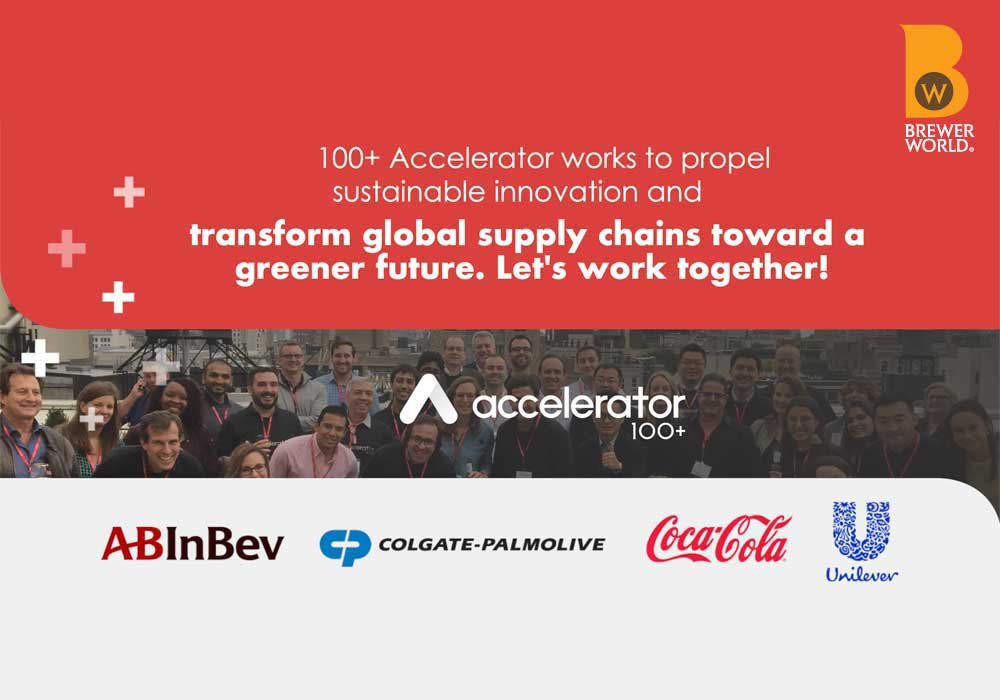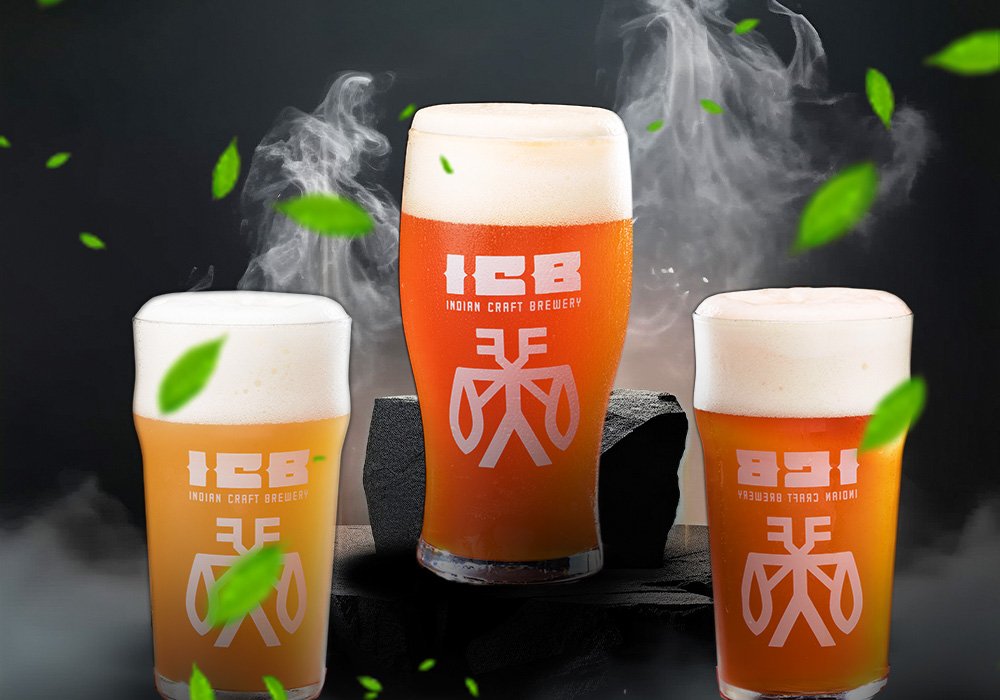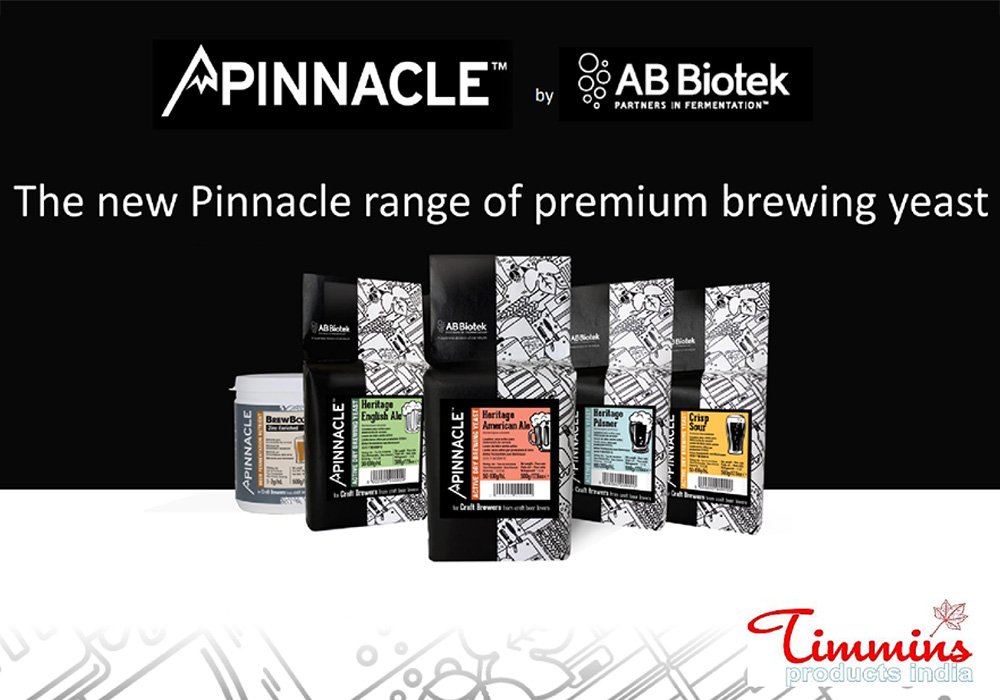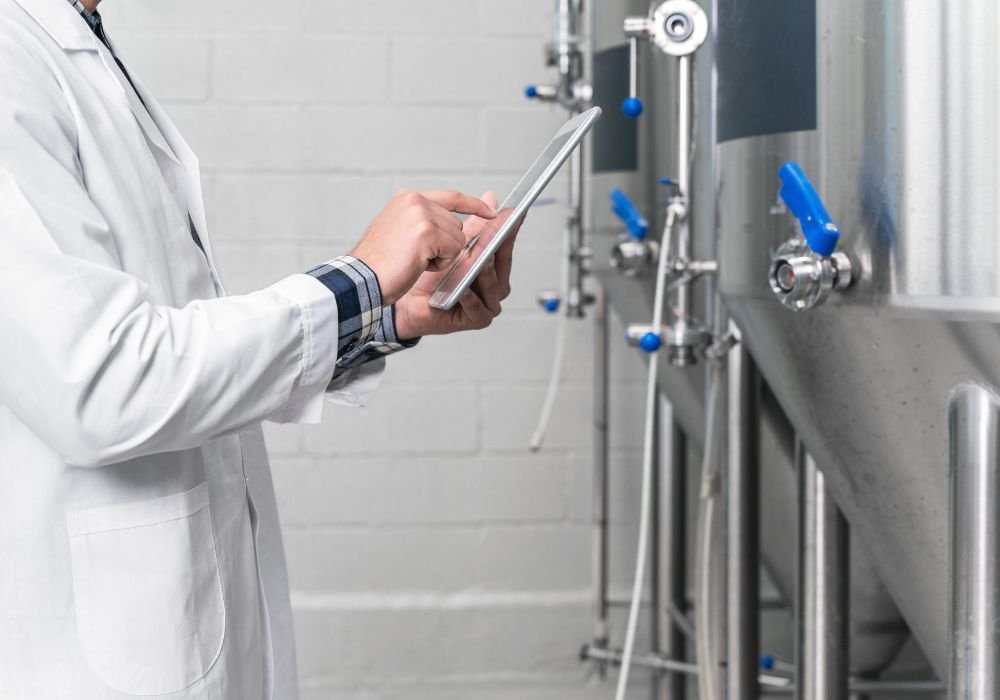
India, April 29, 2021 – Today, The Coca-Cola Company, Colgate-Palmolive Company and Unilever have joined the Anheuser-Busch InBev (AB InBev) 100+ Accelerator to fund and pilot sustainable innovation in supply chains.
Launched in 2018, the 100+ Accelerator is a global incubator program that works to solve supply chain challenges across water stewardship, circular economy, sustainable agriculture, and climate action. Over the last two years, the program has accelerated 36 companies in 16 countries. The 100+ Accelerator offers size and scale to passionate entrepreneurs to help bring their solutions to market faster. These start-ups have raised more than $200 million and are scaling globally to achieve the program’s mission: to accelerate the world’s shift toward sustainable solutions and to do business the right way, not the easy way.
“We are absolutely thrilled to have The Coca-Cola Company, Colgate-Palmolive and Unilever join us as founding partners in the 100+ Accelerator,” said Tony Milikin, chief procurement, sustainability, and circular ventures officer of AB InBev. “Together, we are striving to supercharge adoption of sustainable solutions by funding and accelerating fantastic innovations that will change the world by making all of our businesses more sustainable. Sustainable business is smart business, and we are working to solve huge problems that no one company can handle alone. With our combined global reach, we can accelerate progress towards a more sustainable future.”
In addition to funding pilot programs, the 100+ Accelerator provides ‘hands-on’ support to start-ups by assigning dedicated teams to help test out their new technologies in a large global supply chain. The addition of The Coca-Cola Company, Colgate-Palmolive and Unilever will expand this unique approach and will further establish the value proposition of the AB InBev 100+ Accelerator brand and mission.
“Sustainability is foundational to how we conduct business and shape our strategies,” said Brian Smith, president and chief operating officer of The Coca-Cola Company. “We are committed to working with partners including innovators to bring more sustainable solutions to market by leveraging our size and scale. We are pleased to be a partner of the 100+ Accelerator.”
The 100+ Accelerator’s start-up innovations have already created a tremendous impact. Examples include:
- The implementation of green cleaning solutions to reduce water and energy use in brewing operations in Colombia
- Solutions delivering traceability and insurance for smallholder farmers in Africa and South America
- The collection of more than 1,000 tons of glass waste in Brazil
- Piloting returnable packaging in the United States
- Recycled electric vehicle batteries that store renewable electricity in China
- The ability to upcycle saved grains from the brewing process to produce nutritious foods in the United States
- The first solar thermal system to be installed at an AB InBev plant
“Colgate’s purpose is clear -- we are reimagining a healthier future for all people, their pets, and our planet,” said Patricia Verduin, chief technology officer of Colgate. “And we know that we can achieve our purpose faster and more effectively with equally committed partners like AB InBev, Coca-Cola and Unilever. By becoming a founding member of the 100+ Accelerator, we are elevating sustainability, expediting the innovation process and ultimately maximizing our collective impact.”
Embedded within the program is also a focus on social challenges, which are inextricably linked to progress on the environment. From its infancy, the 100+ Accelerator has developed global partnerships including One Young World and Female Founders Alliance as well as dozens of local and regional relationships to build a pipeline of diverse founders.
Marc Engel, chief supply chain officer of Unilever added, “The 100+ Accelerator allows industries to work together to propel sustainable innovation. Partnerships like these are critical for transforming global supply chains towards a greener future. The program’s social inequality component is also aligned with Unilever’s values; this year, we made commitments to ensure that everyone who directly provides us with goods and services receives a living wage by 2030, we’re increasing our spend with suppliers from underrepresented groups and committed to train 10 million young people. Through the power of our companies combined, I’m excited about the impact that the program will bring. We need to tackle climate change and social inequality to provide a world that is positive and healthy for people and the planet.”












